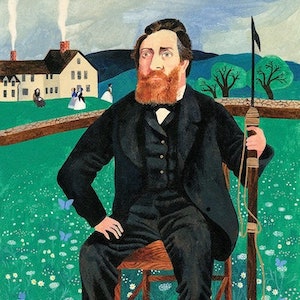How do we decide what text to sample?
It's a good question.
Let's say we want to "write like the greats". Which greats? From whose canon?
Shakespeare is the canonical example of a great English writer—should we all be trying to learn to write like a 16th century dramatic poet?

It would be cool, but maybe not a priority.
What about Herman Melville? Everyone loves the opening of Moby Dick, should we all learn to write like that?

Sure, but do we really want to encourage students to go overboard (as it were) on subordinate clauses and elaborate turns of phrase?
And anyway, what's with all the white dudes?
Where are the women writers? The LGBTQ+ writers? The Black, Asian, African, Middle Eastern, Hispanic, Indigenous writers? The disabled writers?

We need a diverse, modern canon for diverse, modern times.
Or actually, since we're all in peak capitalism, maybe writing should be purely vocational.
What about resumes? Everyone needs a resume. Should we be sampling the best resumes from around the world?

Well, yes, but... Writelike is a complicated way to teach resume writing, and resumes are not a great way to learn higher-order writing skills.
You get the idea. It's complicated. So what do we choose?

